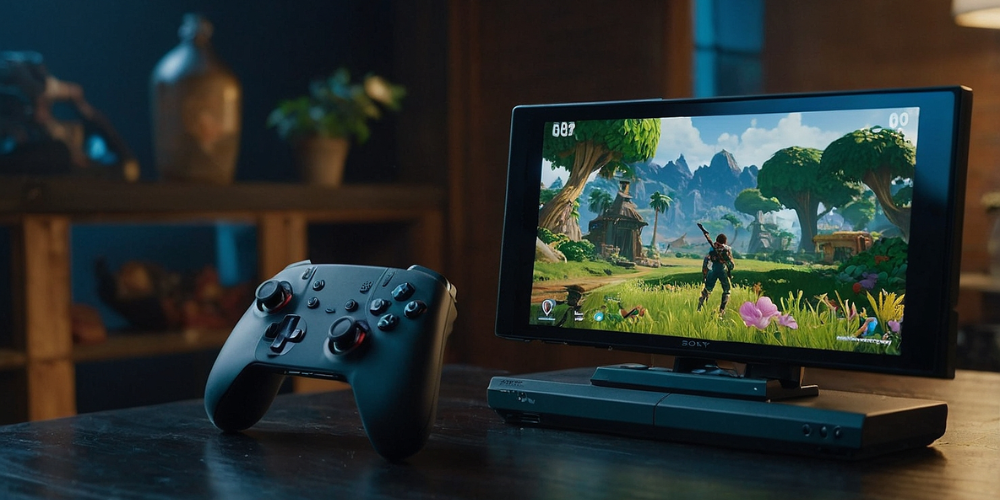
As the gaming landscape advances, enthusiasm builds around the upcoming Nintendo Switch 2. This has sparked conversations about who could potentially rival Nintendo in the next generation of consoles. Observations from market analysts indicate that there is speculation around whether Sony or Microsoft will emerge as the primary challenger to the gaming giant.
According to recent insights from a market research firm, it remains too soon to determine a definitive leader; however, Sony currently holds a slight advantage due to its established fanbase and strong lineup of intellectual properties. The information surfaced in a comprehensive report on the video game market for 2024 that discusses not only past trends but also forecasts future developments in the industry, notably excluding the expansive mobile gaming sector, which is projected to generate approximately $75 billion.
The report indicates that the gaming industry stands on the verge of significant growth, largely due to the anticipated release of two monumental titles: the upcoming Nintendo Switch successor and Grand Theft Auto 6. It suggests that the upcoming console could enjoy considerably greater initial sales compared to its forerunner, but surpassing the impressive 27 million units sold in 2020 will pose a challenge.
Moreover, the analysis raises a pertinent question about which company will be Nintendo’s most significant competitor. It proposes that likely only one other console will find success alongside the new Switch. Both Sony and Microsoft are anticipated to unveil their next consoles between 2026 and 2028.
While the timing remains uncertain about which firm will dominate, analysts assert that Sony seems to have a slight advantage, bolstered by its devoted customer base and reputable IP offerings. Nonetheless, Microsoft is still in a strong position, attributed to its influential role as a software publisher. Despite perceived setbacks alongside the Xbox Series X and Xbox Series S, the company’s notable acquisitions, including a recent deal with a prominent gaming entity, enable it to pivot towards software distribution rather than hardware manufacturing.